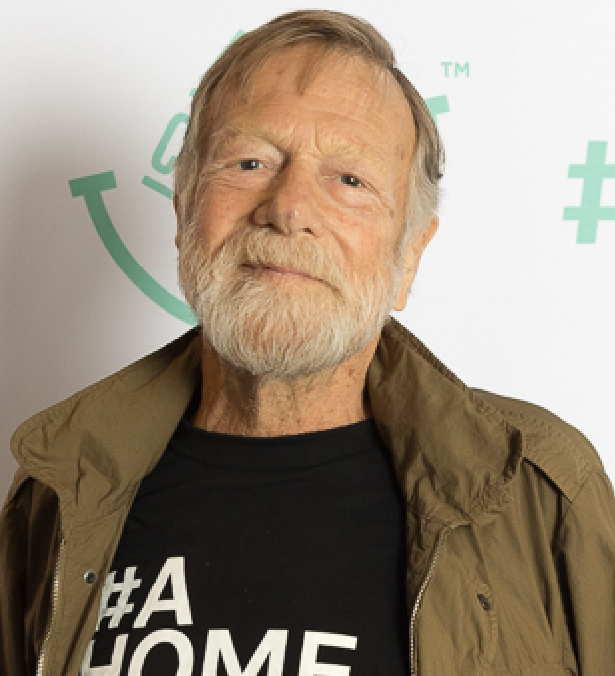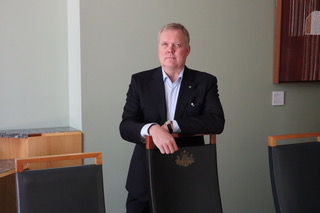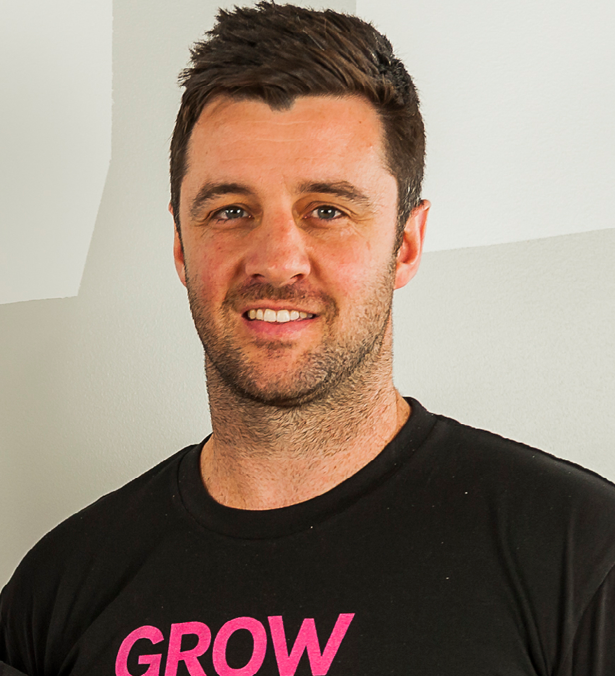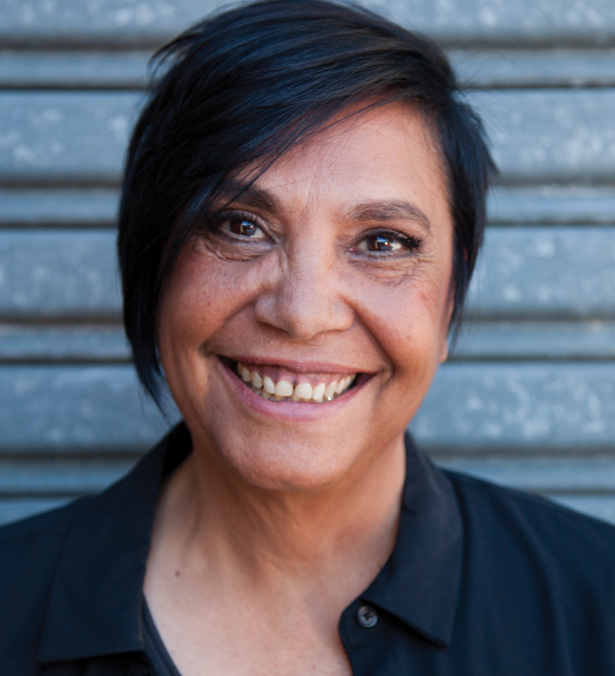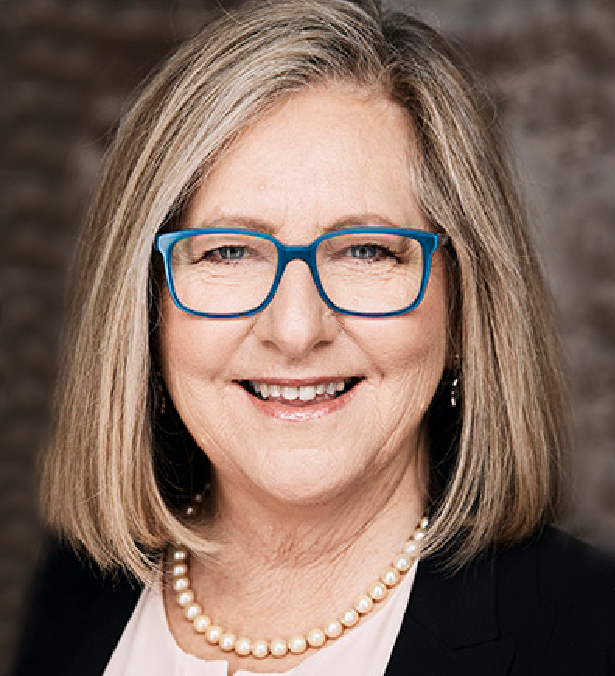The Government makes a terrible long-term parent. It’s time to change the system
The children in Australian statutory care could fill the seats of the WACA twice over.
For more than 45,000 children and young people unable to live at home, often due to abuse or neglect, government has stepped in to place them with kin or relatives, a foster family or in a residential group home.
This can be temporary until a child can return safely, or long term.
There are 4232 children and young people in statutory care in WA alone. They will often bounce around the system, compounding their trauma.
Recently it came to light some children in WA had been housed in juvenile detention due to a cited shortage of foster homes. It should come as no surprise the outcomes for these children and young people are frequently negative – with high occurrences of homelessness, interactions with the justice system, poor mental health and low educational outcomes.
Behind each of these statistics is an individual child.
There’s Jenny* who had a traumatic home life during early childhood, then nine foster placements before a residential group home. She recalls the time she came back from school to find her belongings packed by the door and being told she was going to move again. Her aging carer hadn’t been provided with respite and adequate supports to sustain caring for a troubled young teenager.
And Ben*, who keeps a bowl of apples under his bed ‘just in case’ he goes hungry, as he had before he came into care. After four years, his carers still can’t reassure him he will continue living with them, as he has had to move five times before, and they haven’t been able to obtain the legal certainty of a Special Guardianship order.
Government has a vital role in supporting families and keeping children safe, but should not retain the role of ‘parent’ long-term.
When a child is unable to return to family of origin, timely decision-making is needed to provide the child the best chance of growing up in a stable, safe and nurturing family home where they feel they belong.
This cannot happen in a system in which children are subjected to multiple moves, decisions of case workers who sometimes barely know the child, not being able to have school notes signed by their carers, and barriers in access to much-needed child health services.
We need to ensure the vital role of caring for these children in a home environment is supported.
The critical nature of child-centred timeliness and decision making for permanency for children has been widely recognised, and is practiced in other Australian jurisdictions.
While there is provision for ‘permanency’ in WA legislation, in the last reported year there were only 101 Special Guardianship orders and two carer adoptions.
We need to do better by the 45,000 children in statutory care, who deserve the best care and the security of belonging. For Jenny, Ben, James, Sarah, Alana, Keiran…
* Particulars have been changed to protect identity of children in care.





